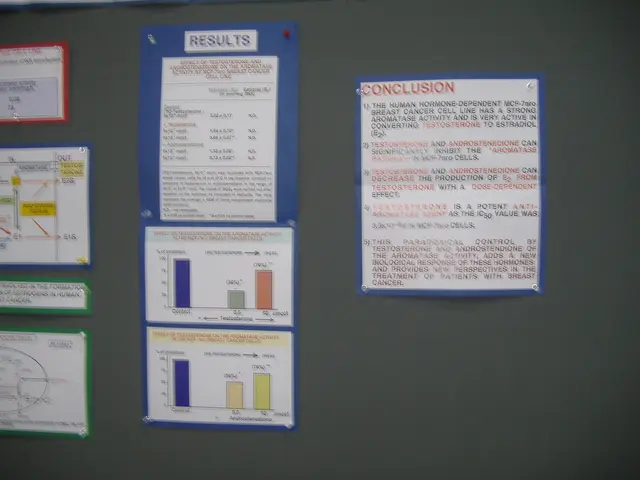Turkish Navy receives 60th data distribution system from HAVELSAN
Havelsan Delivers 60th Unit of Homegrown PDDS to Turkish Naval Forces
Turkish defense and software firm Havelsan has delivered the 60th unit of its homegrown Platform Data Distribution System (PDDS) to the Turkish Naval Forces. The latest PDDS will be used on the TCG Heybeliada anti-submarine warfare corvette, marking another milestone in the integration of this sophisticated system into the Turkish Navy.
The PDDS is a critical "nerve center" technology designed to ensure real-time, reliable, and secure data flow among various naval platform subsystems. It is a modular and scalable system, available in several cabinet sizes and configurations tailored to vessel types. For instance, large platforms use two 25U cabinets, while smaller vessels use 12U or compact units.
Key features and capabilities of the PDDS include real-time, low-latency data transfer, redundant and fault-tolerant architecture, wide interface support, intelligent data control, simulation and recording capability, and high domestic content. The system enables continuous, synchronized data distribution among tactical sensors, navigation systems, combat management, and weapon systems, vital for operational effectiveness across different platforms.
The PDDS also boasts a redundant computing infrastructure, either across two cabinets or within a single cabinet, to ensure continuous operation and fault tolerance. It interfaces with various subsystems and legacy equipment through Ethernet, RS-422, RS-232/485, HDLC, Synchro, NTP, and STANAG HQ/1PPS. The system also incorporates data control, plausibility checks, filtering, and prioritization algorithms to maintain accurate, orderly data flow and support system reliability.
Moreover, the PDDS supports sensor data simulation, data recording, and analysis for testing and post-mission assessment. It is designed to operate over long service lives, ensuring sustained performance through platform upgrades and operational cycles. Havelsan claims that the PDDS and its sister system, the Submarine Data Distribution System (SDDS), are designed to operate continuously on all ships and submarines with a life span of more than 300 years.
The PDDS and SDDS product family uses domestically produced components, with over 80% content. Key domestic components include single board computers, interfaces, and time cards. Other vessels in the Turkish Navy are awaiting delivery of the PDDS and SDDS systems.
The development of the PDDS and SDDS was started by Havelsan 15 years ago. Since then, the systems have become integral to modern naval platforms, enabling data flow and system integration with high performance. The high domestic content of these systems indicates strong local defense capability and supply chain security.
In conclusion, the delivery of the 60th PDDS unit to the Turkish Naval Forces underscores Havelsan's commitment to providing advanced technology solutions to the Turkish defense sector. The PDDS and SDDS systems are poised to enhance sensor fusion, combat system efficiency, and naval situational awareness across the Turkish Navy, contributing to the country's maritime security and strategic capabilities.
References:
[1] Havelsan. (n.d.). Platform Data Distribution System (PDDS). Retrieved from www.havelsan.com.tr/en/products-and-solutions/platform-data-distribution-system-pdds
[2] Turkish Nav Today. (2021, October 14). Havelsan Delivers 60th PDDS to Turkish Navy. Retrieved from www.turkishnavtoday.com/havelsan-delivers-60th-pdds-to-turkish-navy/
[3] Defense Turkey. (2021, October 14). Havelsan Delivers 60th PDDS to Turkish Navy. Retrieved from www.defenceturkey.com/havelsan-delivers-60th-pdds-to-turkish-navy/
The PDDS, a technology integral to the Turkish Navy, is not only a vital nerve center for real-time data flow among naval platforms, but also a showcase of advanced Turkish finance and industry, given its high domestic content. Leveraging finance and technology, Havelsan continues to strengthen the Turkish defense sector with its homegrown systems, such as the PDDS and SDDS, which will be incorporated into future naval vessels.




